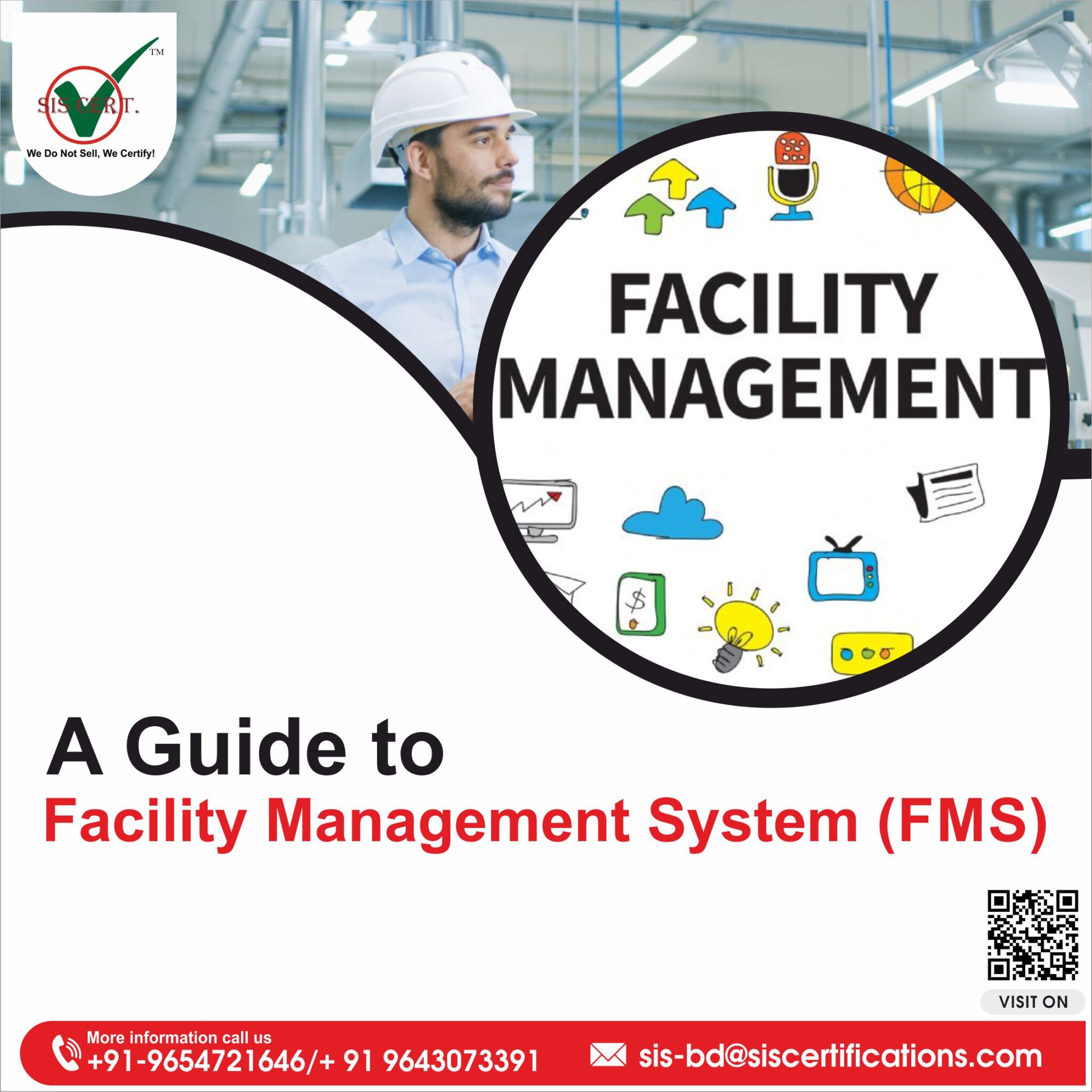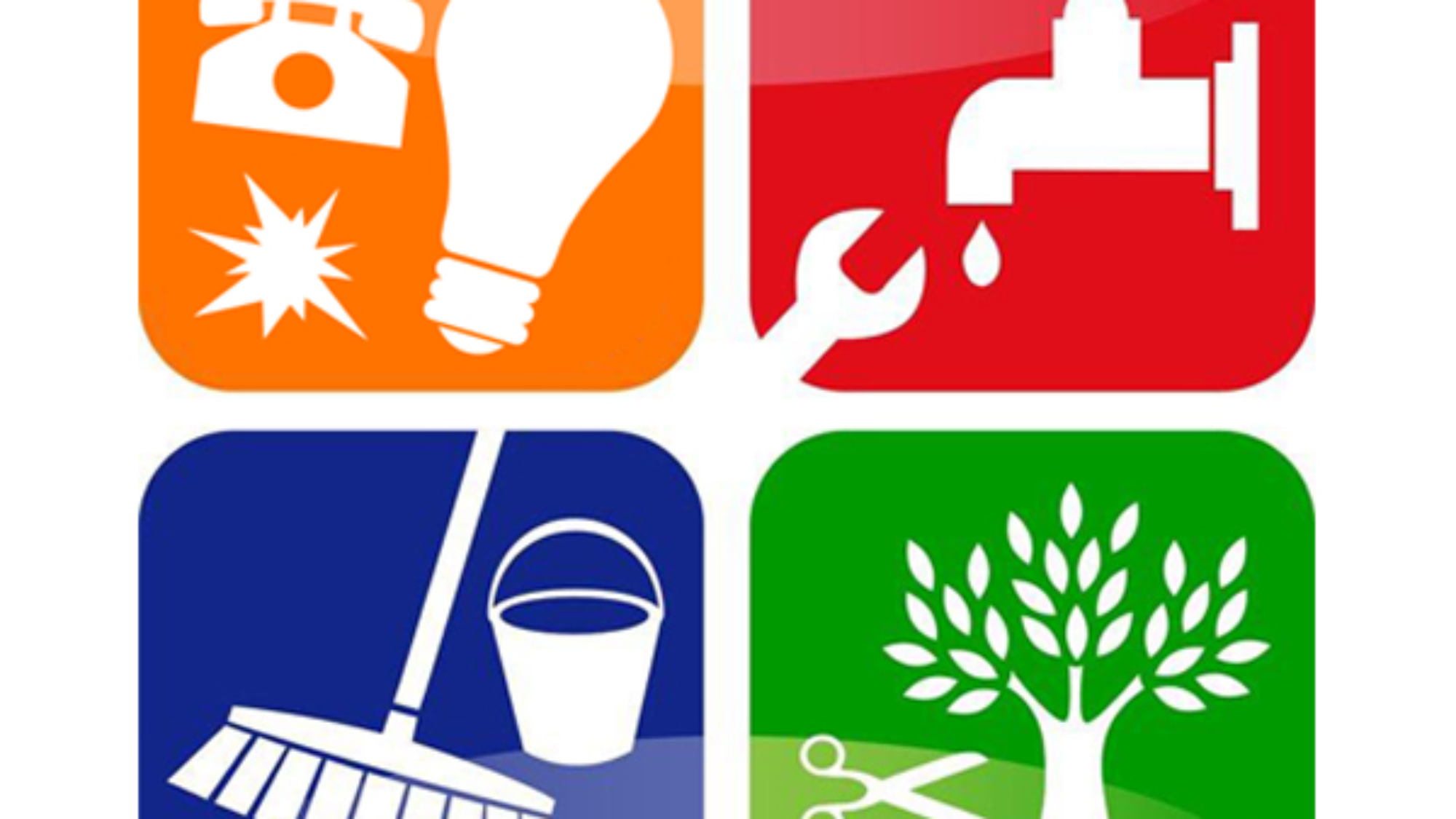Why Total Facility Management Is Important for Organization Success
Total Facility Management (TFM) serves as a keystone for company success by harmonizing diverse functional elements such as maintenance, area use, and safety and security procedures. As services browse an affordable landscape, recognizing the diverse advantages of TFM can be pivotal in driving price effectiveness and enhancing worker productivity.
Recognizing Total Facility Management
Total Facility Management (TFM) encompasses an extensive approach to handling an organization's buildings and connected solutions to make certain optimum performance, safety and security, and efficiency. TFM integrates numerous disciplines, including upkeep, operations, space management, and safety and security methods, to develop a natural structure that supports a company's core objectives.
At its core, TFM aims to enhance the processes associated with facility management, lowering redundancies and enhancing solution delivery. This strategy includes the coordination of tasks related to property management, such as fixings, cleaning, and power management, to promote an efficient atmosphere for stakeholders and staff members alike. TFM additionally stresses the value of carrying out finest techniques and innovative technologies to boost solution high quality and reduce functional prices.
By straightening facility management activities with organizational goals, TFM improves overall efficiency while guaranteeing compliance with wellness, security, and environmental policies. Hence, TFM serves not only as a logistical function but likewise as a tactical possession, contributing to a company's long-term sustainability and development.
Trick Advantages of TFM
Leveraging a thorough strategy, companies that apply Total Facility Management (TFM) unlock a myriad of benefits that add to total organization success. One of the main advantages of TFM is the improvement of operational efficiency. By consolidating facility services under a unified management framework, companies can simplify procedures, decrease redundancies, and boost interaction across divisions.
Additionally, TFM advertises an aggressive upkeep technique, which minimizes downtime and expands the life expectancy of facilitiess and equipment (Total Facility Management). This positive method not just boosts performance yet also promotes a more secure working environment, ultimately leading to higher worker fulfillment and retention rates
In addition, TFM helps with far better resource allocation by giving insights into facility performance metrics. Organizations can determine areas for improvement, permitting them to make enlightened choices that straighten with their tactical goals.
TFM and Cost Efficiency
Accomplishing cost performance is a basic objective for companies, and Total Facility Management (TFM) plays a crucial duty in this venture - Total Facility Management. By incorporating different facility solutions under a solitary management structure, TFM enables organizations to streamline operations and lower redundancies. This alternative approach brings about substantial expense savings, as it gets rid of the requirement for several vendors and streamlines purchase processes
Furthermore, TFM promotes positive maintenance techniques, which decrease the danger of expensive repair services and downtime. By prioritizing safety nets, organizations can extend the lifespan of their properties and reduce unexpected expenses. Additionally, TFM integrates power management methods, which can significantly reduce energy costs with efficient source utilization.
The centralization of data and analytics within TFM allows companies to make informed economic choices. By determining fads and areas for renovation, TFM allows tailored techniques that further enhance expense management. The scalability of TFM remedies makes sure that as companies grow, their facility management practices stay efficient and lined up with monetary objectives.
Enhancing Staff Member Productivity
A well-managed facility can substantially enhance worker efficiency by creating a helpful workplace. Effective Total Facility Management (TFM) makes sure that all elements of the office-- from lighting and temperature to cleanliness and safety-- are maximized. When employees run in an area that is comfortable and well-kept, they are more probable to concentrate on their jobs, leading to This Site greater result and task contentment.
Moreover, TFM can enhance collaboration with the tactical layout of communal areas, encouraging teamwork and technology. By investing in the ideal resources and modern technology, companies can facilitate smooth interaction and simplify operations, additionally boosting productivity. Routine upkeep and timely feedbacks to facility issues avoid interruptions that can otherwise prevent performance.
Additionally, a safe and healthy and balanced work atmosphere, supported by TFM methods, minimizes absence and promotes health, straight associating with raised productivity levels. Ultimately, focusing on facility management is an investment not only in physical properties but likewise in the workforce itself. By cultivating an environment that supports staff member needs and preferences, services can grow description a more engaged and efficient workforce, driving total success and competitive benefit.

Future Trends in TFM
Accepting technological innovations is readied to improve the landscape of Total Facility Management (TFM) in the coming years. As the need for efficiency and sustainability increases, TFM will significantly adopt clever structure modern technologies, integrating Internet of Things (IoT) devices to manage and keep track of facility operations in real-time. This shift will allow aggressive upkeep, considerably boosting and lowering functional costs solution distribution.

Sustainability remains an essential emphasis, with TFM experts expected to prioritize environmentally friendly methods. This consists of making use of eco-friendly power sources and enhancing waste management systems to lower the carbon footprint of facilitiess.
Remote management abilities will additionally be broadened, permitting facility supervisors to supervise operations from basically anywhere. This flexibility will certainly end up being crucial as companies adapt to crossbreed work models. In recap, the future of TFM is poised for improvement with modern technology, sustainability, and boosted operational strategies, making sure services remain competitive in an advancing landscape.
Conclusion
By integrating numerous operational functions, TFM boosts performance and aligns facility view it now management with business objectives. As companies progressively embrace lasting methods and innovative innovations, the value of TFM will proceed to expand, ensuring long-lasting operational effectiveness and competitiveness in a progressing marketplace.
